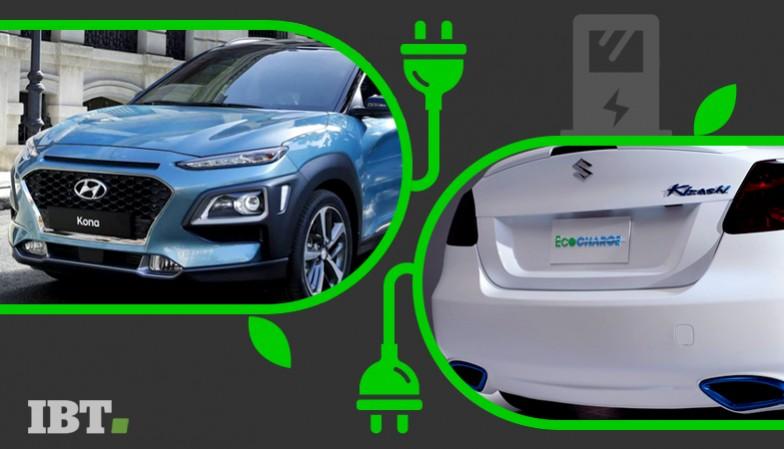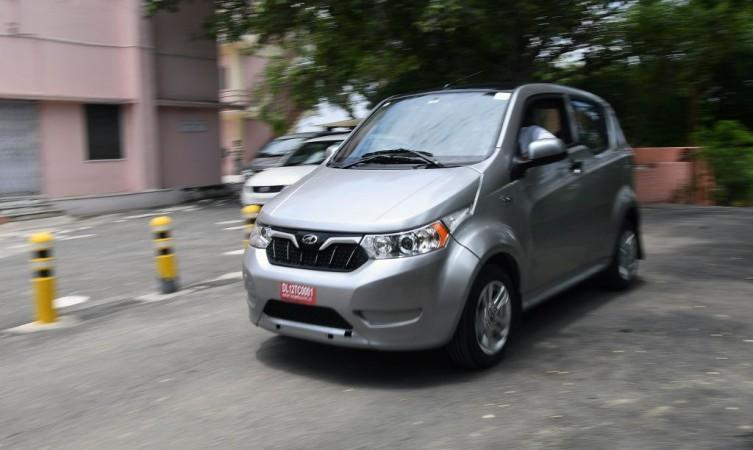
In a bid to accelerate the adoption of electric vehicles, the government is planning to offer
rebates of up to Rs 50,000 through lowering the interest on loans and categorising them
under priority sector lending. The incentives are expected to promote the manufacturing and
sale of EVs in the country and increase their share to 15% in the total vehicle mix in the next
five years.
The policy will be rolled out in phases and will be available in select cities initially. The
rebates will be linked to the battery size and vehicle type. "The idea is to give enough
incentives so that the prices of electric vehicles match the current conventional internal
combustion engines so that prospective buyers start giving preferences to electric vehicles
over conventional vehicles," a senior official told The Economic Times.
The government is banking on clean fuels to tackle rampant pollution plaguing major cities of
the country. Incentives to individual vehicle owners will be coupled with a rapid expansion of
supporting infrastructure. Two of the biggest hindrances in widespread adoption of EVs are
the high cost of vehicles and the lack of charging infrastructure.
The idea is to give enoughincentives so that the prices of electric vehicles match the current conventional internal combustion engines so that prospective buyers start giving preferences to electric vehicles over conventional vehicless

According to the Society of Indian Automobile Manufacturers (SIAM), the price of EV is
around 2 to 2.5 times more than a comparable conventional vehicle. The sops being
considered by the government will take care of the price differential, while a recent move to
install fast-charging stations will bridge the gap in infrastructure.
The government has recently tasked Energy Efficiency Services with setting up 84 fast
charging stations at frequently-visited places in Delhi such as Khan Market and Yashwant
Place, besides several other locations in the city. The urgency of the task can be gauged by
an intervention made by the Prime Minister's Office to push stakeholder ministries to
facilitate the domestic production of EVS.
"This could be clubbed with waiving of road and registration taxes by states and partial or
complete exemption from parking charges for electric vehicles, resulting in substantial
savings for EV buyers," the official told the newspaper. In a similar vein, the department of revenue had on Jan 29 rationalised basic customs duty and goods and services tax (GST) rates on EVs to make them competitive. The department has also lowered duties on raw materials imported for manufacturing components.








![India Auto Roundup: Maruti Suzuki, Mahindra have exciting launches in November [details here]](https://data1.ibtimes.co.in/en/full/805520/india-auto-roundup-maruti-suzuki-mahindra-have-exciting-launches-november-details-here.jpg?w=220&h=135)